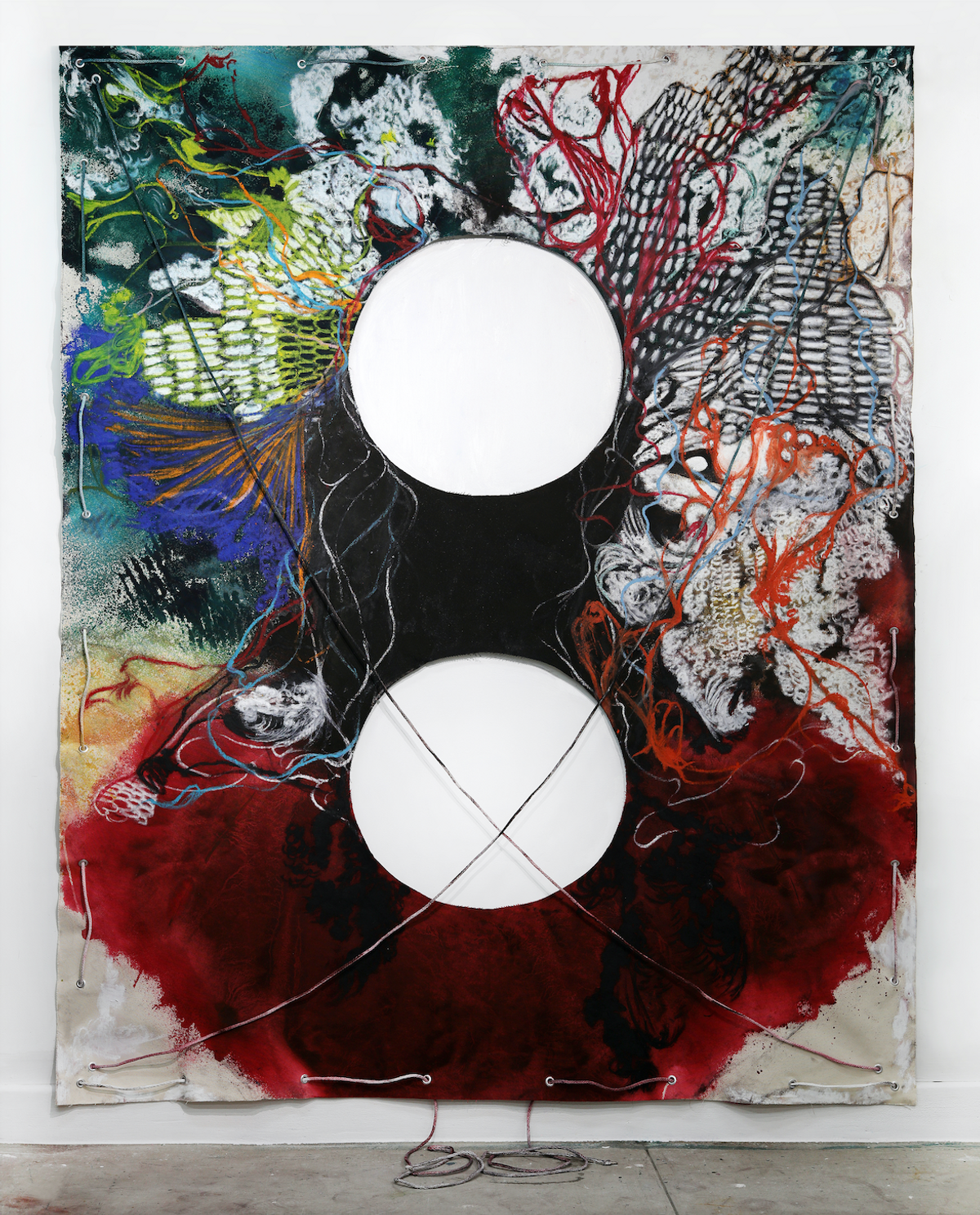As the first online-only edition of Frieze New York comes to a close this week, the New Art Dealers Alliance (Nada) has announced its own virtual fair, launching 20 May. Unlike Frieze's and Art Basel's viewing rooms originally intended to complement the physical events, Nada's FAIR is a digitally native art fair and is based on a cooperative profit-sharing model in order to create a network of financial support for galleries adversely impacted by the coronavirus (Covid-19) economic shutdown.
FAIR includes not only 119 Nada member galleries, but another 80 non-member dealers from around the world, all of whom will share a portion of their profits from the sales made on the platform with each other. While 50% of every sale will go directly to the vendor gallery (to be split with the artist), 20% will go into a profit pool to be divided evenly between all 200 participants upon the close of the event on 21 June. Another 20% of each sale will go into a collective fund for artists, which will be split between all featured artists. Nada will take 10% of each sale for administration, support and its other relief efforts but there is no upfront exhibitor fee.
“FAIR is Nada’s response to the current situation, in line with our commitment to supporting a global community of galleries and artists,” says Nada executive director Heather Hubbs in a statement. “While many of these art spaces have been temporarily closed to the public, this new model provides an opportunity to showcase the best of contemporary art, while demonstrating our collaborative spirit and fostering mutual support for one another.”
The total value of artworks showcased by each gallery, however, must be over $10,000, but participants can decide how many works to show to reach that figure and change them out as sales progress. Additionally, FAIR will not permit discounts for collectors, meaning the offered price is the final sale price.
“Unlike the traditional model, the fair is free to participate in, so the profit sharing allows us to not only support Nada’s relief efforts but also our artists and colleagues,” says Olivia McManus, the director of Chicago’s Patron gallery, which has participated in many other members-only Nada fairs previously. “It is a good opportunity for us to highlight new work by artists that we may not have otherwise had the chance to share [due to lockdown].”
The event is produced in partnership with the art-focused technology company Artlogic, which is donating its online viewing room platform for Nada’s use. The initiative will also feature a series of online performances, studio visits and talks to complement the works on offer.
The extensive length of the event—four weeks—also offers dealers ample time to make sales, although given that it follows on the heels of Frieze and overlaps with the second edition of Art Basel’s online viewing room in June, it remains to be seen whether virtual “fairtigue” could set in.
Nevertheless, Sara Salamone of the New York-based Mrs. gallery, also a Nada member, says she is “optimistic” about FAIR given its collaborative model, which helps mitigate the financial risk of a fair in an already risky economic moment. “If I personally don’t sell, we still make money thanks to our pool share. If I do make sales, then we make some more money and all of our artists make some money and we are able to also give some back to support others.”


